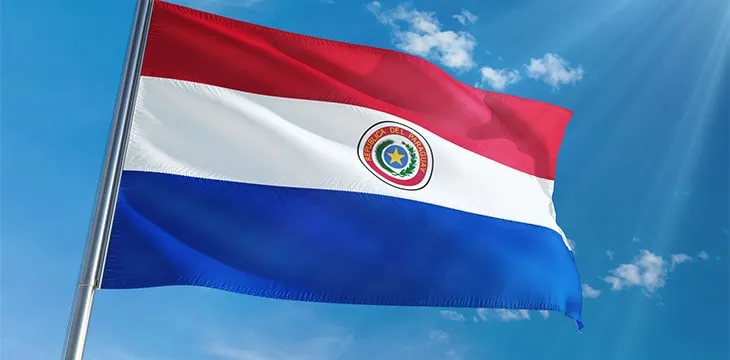|
Getting your Trinity Audio player ready...
|
Paraguay has moved a step closer towards regulating the local digital currency block reward mining and trading industries. The Senate in the South American country has passed a bill introduced six months ago that recognizes the industry and establishes oversight over it. The bill seeks to foster the development of mining activities to leverage the surplus electricity produced.
South America has been quick to adopt digital currencies, but the approaches differed significantly among the countries. For instance, Argentina and Venezuela have seen citizens adopt digital currencies as a more viable payment option as their local fiat currencies collapsed, while others like El Salvador have taken a completely different direction, with the president forcing BTC on the people—a Bitcoin narrative that’s recently outed as shockingly fake.
Paraguay is going the extra mile and is seeking to use regulations to foster the growth of the budding industry. As revealed by Senator Fernando Silva Facetti, lawmakers in the country have passed the bill, which will now be discussed in the Chamber of Deputies in 2022. Facetti is one of the authors of the bill and is a digital currency supporter.
(1/3) Today, after an intense debate, the Senate @SenadoresPy approved todaya New Law Project which regulates the industry and commercialization of #Crypto assets #Bitcoin #Paraguay after …(open threat)
— FernandoSilvaFacetti (@FSilvaFacetti) December 17, 2021
The bill places the Industry and Commerce Secretariat as the body overseeing the mining industry. Others like the National Securities Commission and the National Electricity Administration will also have a role to play, and so too will the Anti-Money Laundering Office.
Entities that want to set up mining farms will need to obtain authorization for industrial electricity consumption and then apply for all the necessary licenses.
The bill notes that Paraguay only consumes about a third of all the electricity it generates. This leaves a lot of energy that miners could channel to their operations, earning the state a sizable amount of revenue. Close to 100% of the electricity the country produces is from hydroelectric sources, further making it ideal for the miners.
While the move could lure miners, it mirrors what China did two years ago. At the time, most Chinese provinces were producing surplus electricity and were even giving incentives to block reward miners to set up operations there. This year, the script has changed, and the government has booted them out.
Watch: CoinGeek New York panel, How to Achieve Green Bitcoin: Energy Consumption & Environmental Sustainability

 07-03-2025
07-03-2025 





